See the beauty of
EthiopiaA diverse country, with more than 80 different ethnic groups that carry with them their own languages, customs, and traditions.
Learn more
Ethiopian Culture
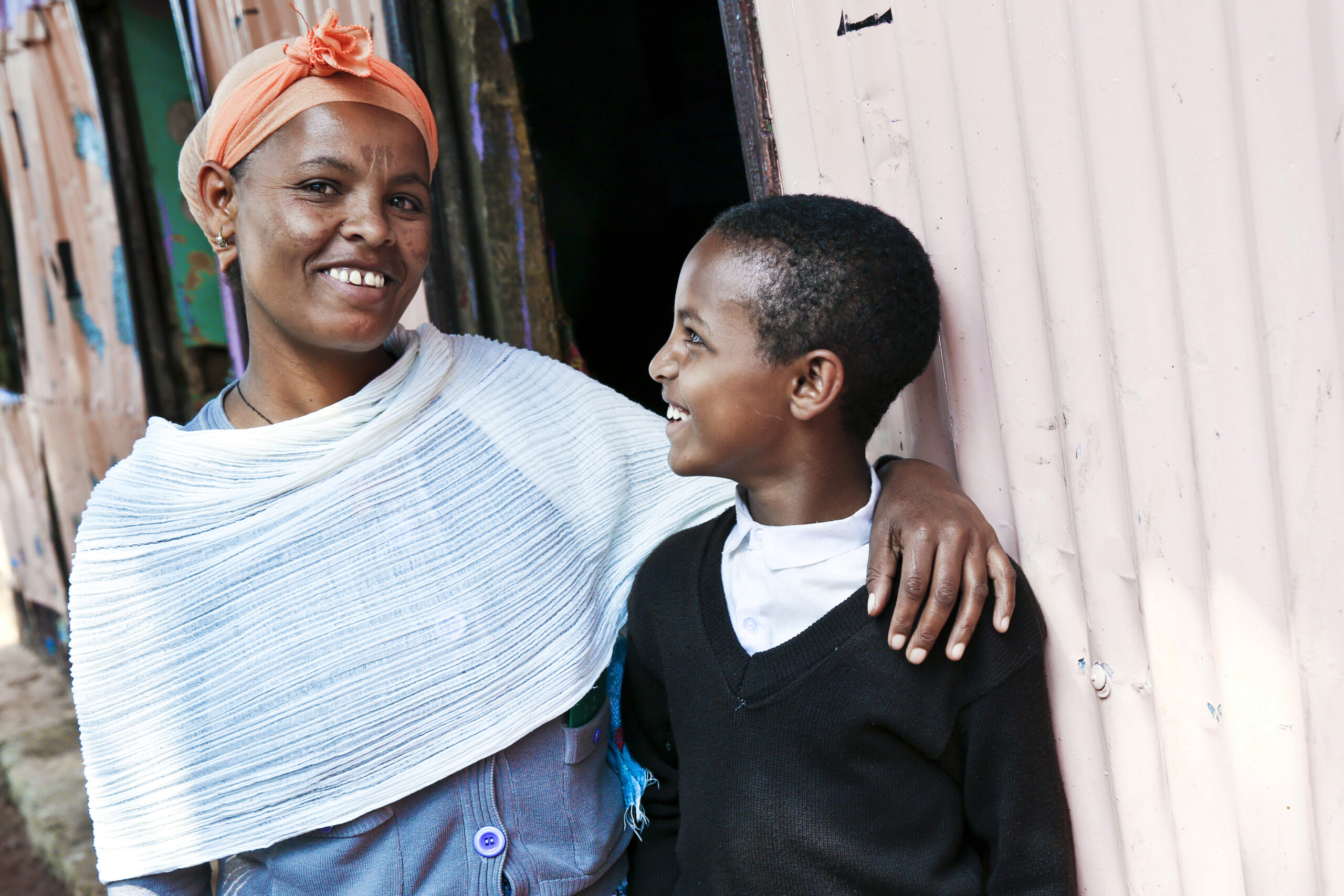
DEMOGRAPHICS
- Population: 94.1 million
- Life Expectancy: 63 years
- Literacy Rate: 39%
- Religion: Christianity, Islam
- Official Language: Amharic
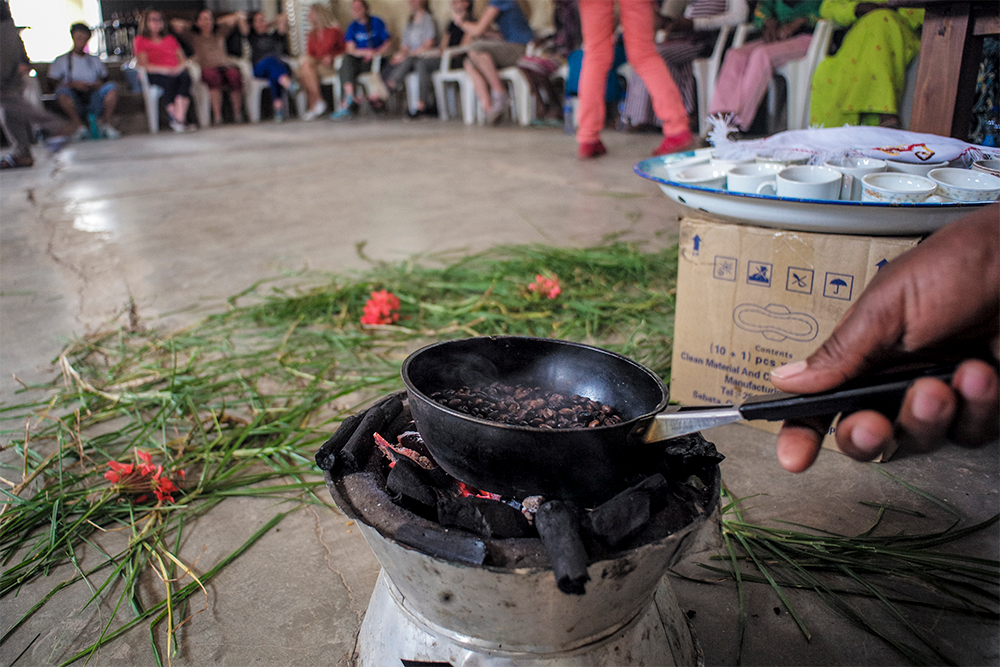
Culture
- Wat, a spicy stew, is the national dish of Ethiopia. It is traditionally served with injera, a spongy bread or pancake.
- Coffee is an Ethiopian favorite and is frequently part of a ceremony, during which the coffee is roasted, ground, and placed in boiling water prior to being served.
- Men are traditionally responsible for providing for the family, while women typically stay home to attend to the domestic needs or to operate a small business from the home.
- The Ethiopian economy has become one of the fastest growing in the world, as the country is consistently looking for new ways to minimize poverty within its borders.
Program Overview
The Goal
The goal of this program is to equip, inspire, and mobilize churches to build relationships with at-risk families within their communities. Relationships grow through frequent visits to families in their homes to offer prayer, biblical training, counseling, and overall encouragement. To empower this wholistic approach to orphan care, World Orphans and US churches connect with Ethiopian churches to provide Gospel-centered training and funding.
Funding
Funding for the Home Based Care (HBC) program comes from a combination of church partnerships and fundraising campaigns. This funding ensures that these children receive the following:
Food
Meals served with the families and at school on a daily basis
Medical Care
Access to medical services and monitoring for specific health needs
Education
Assistance with school fees, school supplies, and tutoring
Emotional Care
Counseling and mentoring through relationships with church members
Spiritual Care
Fellowship, prayer, discipleship, and encouragment
How it Works
Vulnerable Children Identified
ChilD Selection Process
The HBC committee works to identify 20 orphaned or vulnerable children in the community who are in the greatest need. From there, they meet with the caregivers to determine if the family is a good fit for the program. The due diligence process includes completing a Child Intake Form, informing World Orphans about each child in the selection process, discovering the family/caregiver history, and providing reasons for the program selection.
Home VisitS Per Family Each YEAR
Home Visits
Each family in the program receives at least one monthly home visit from the HBC committee. These visits ensure each child is receiving proper care and meeting pre-determined milestones in his/her development. Families and children receive encouragement, discipleship, life skills training, financial support, and prayer during these visits.
Impact reports each year on church, child, and community
Program Accountability
With long-term care of each child as our goal, World Orphans is serious about ongoing accountability. World Orphans staff members frequently communicate with the Ethiopian pastors and HBC committee to monitor and assess each child and the overall structure of the program. The pastors are required to provide monthly financial reports on how funds were apportioned, as well as quarterly reports assessing the overall HBC program as it relates to the impact on the church, the children, and the community.
Economic Empowerment
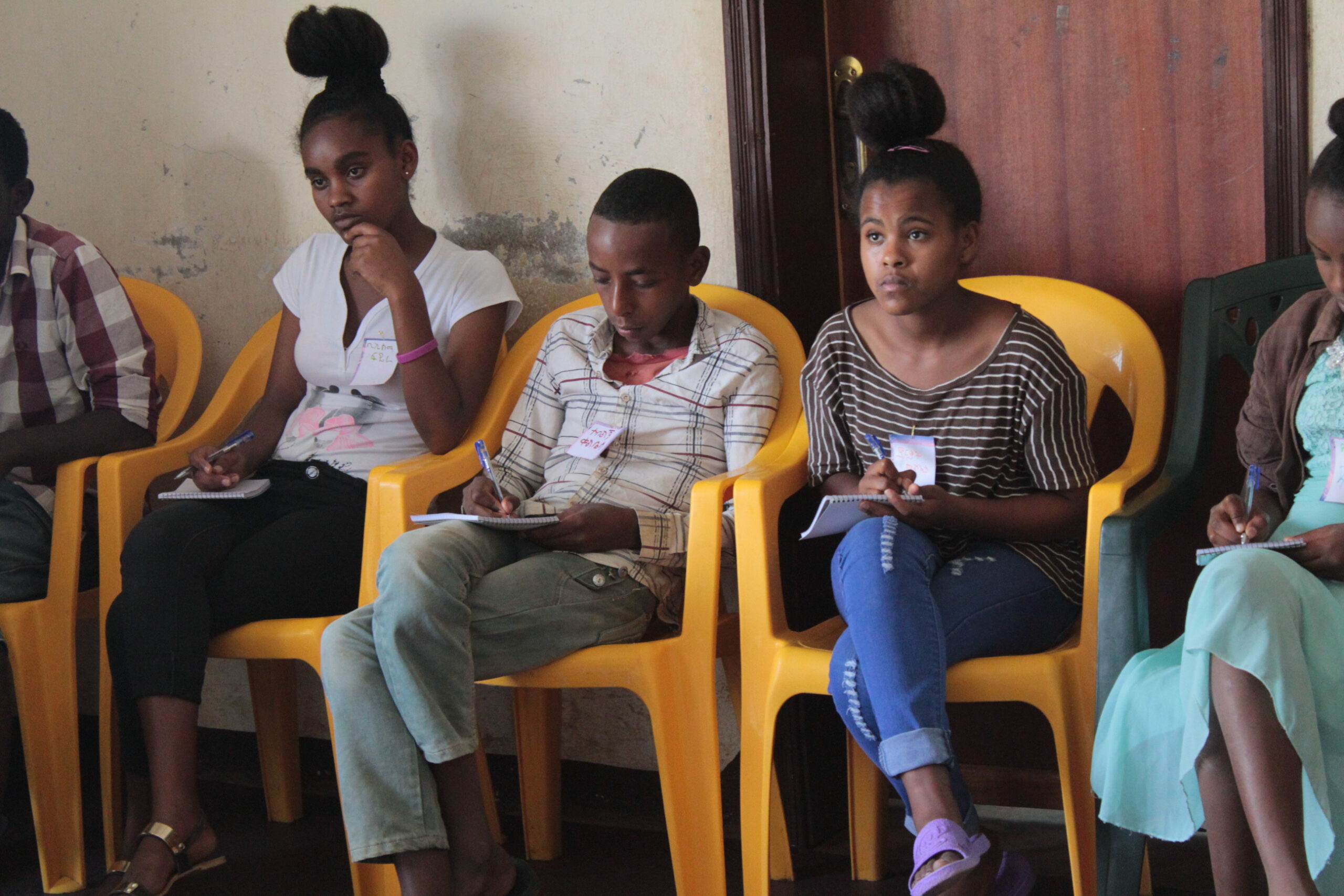
Savings Groups
All of our caregivers from our churches are participating in savings groups that give them the ability to save money monthly, despite their inability to access formal financial institutions as individuals.
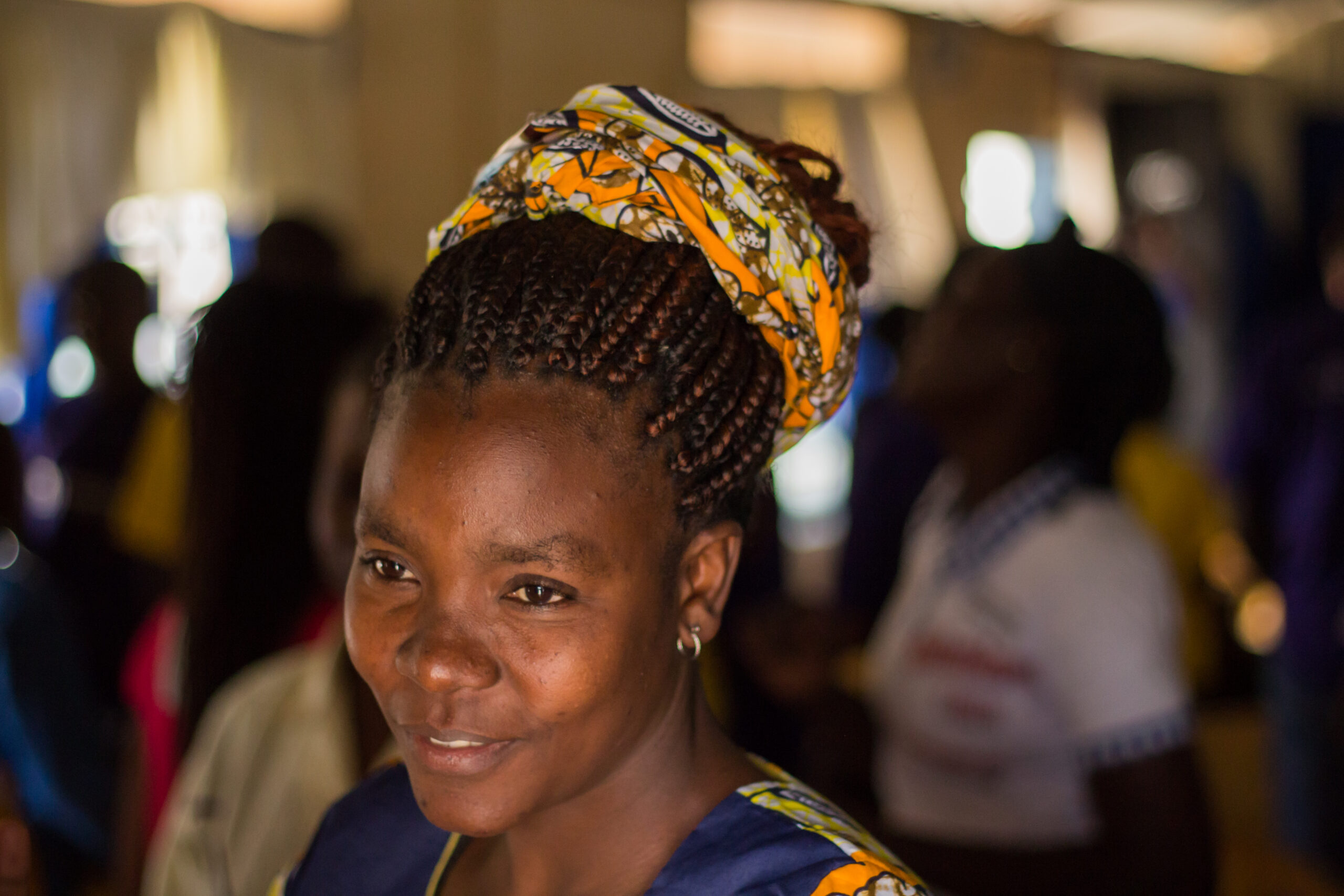
Microloans
Eligible caregivers receive rounds of small microloans to start or expand their businesses.
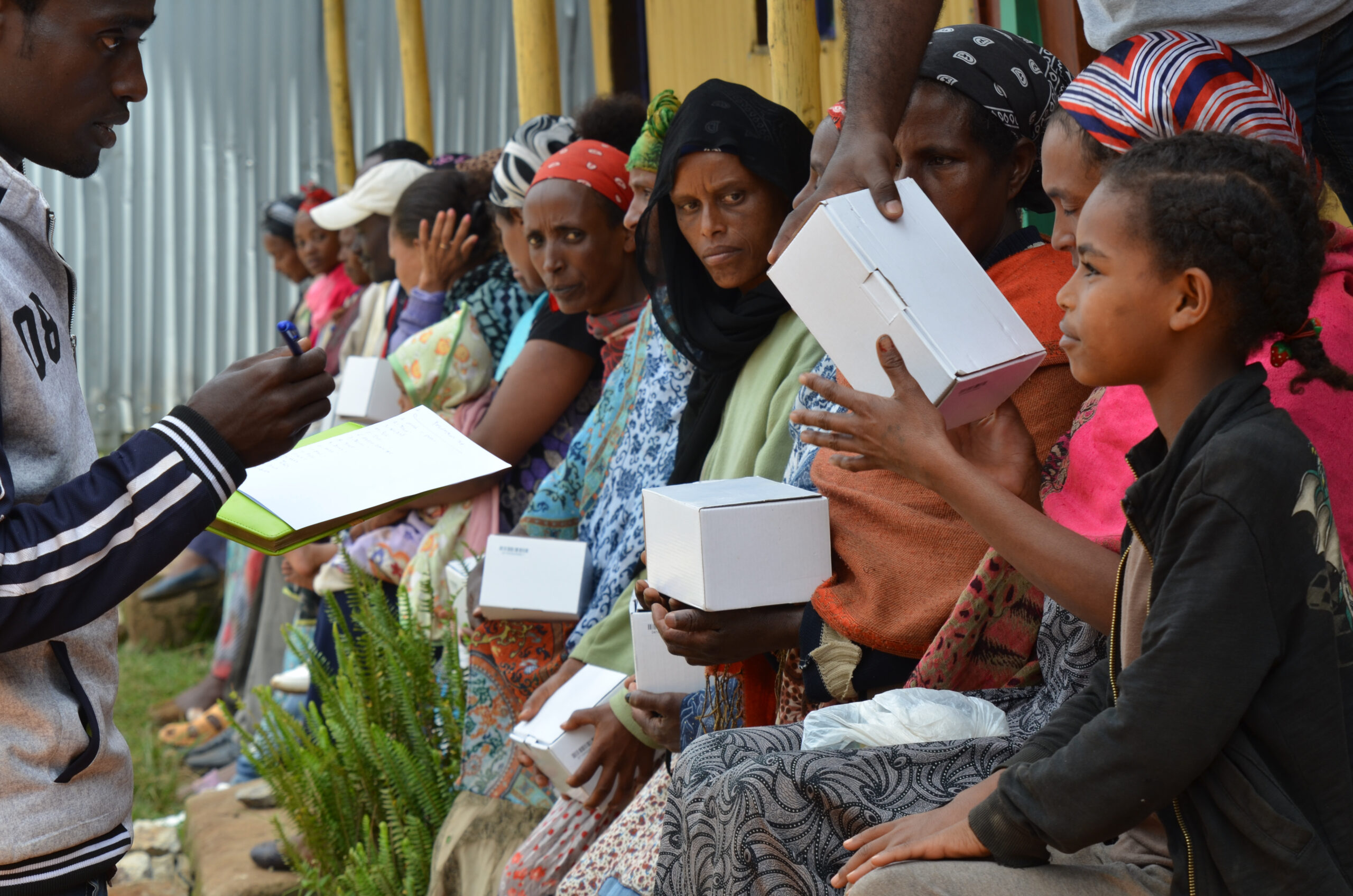
Literacy Programs and Empowerment Packs
Packs of supplies for literacy, education, basic first aid/hygiene, feminine hygiene, and nutrition are distributed at training seminars provided to the churches and families involved in our program.
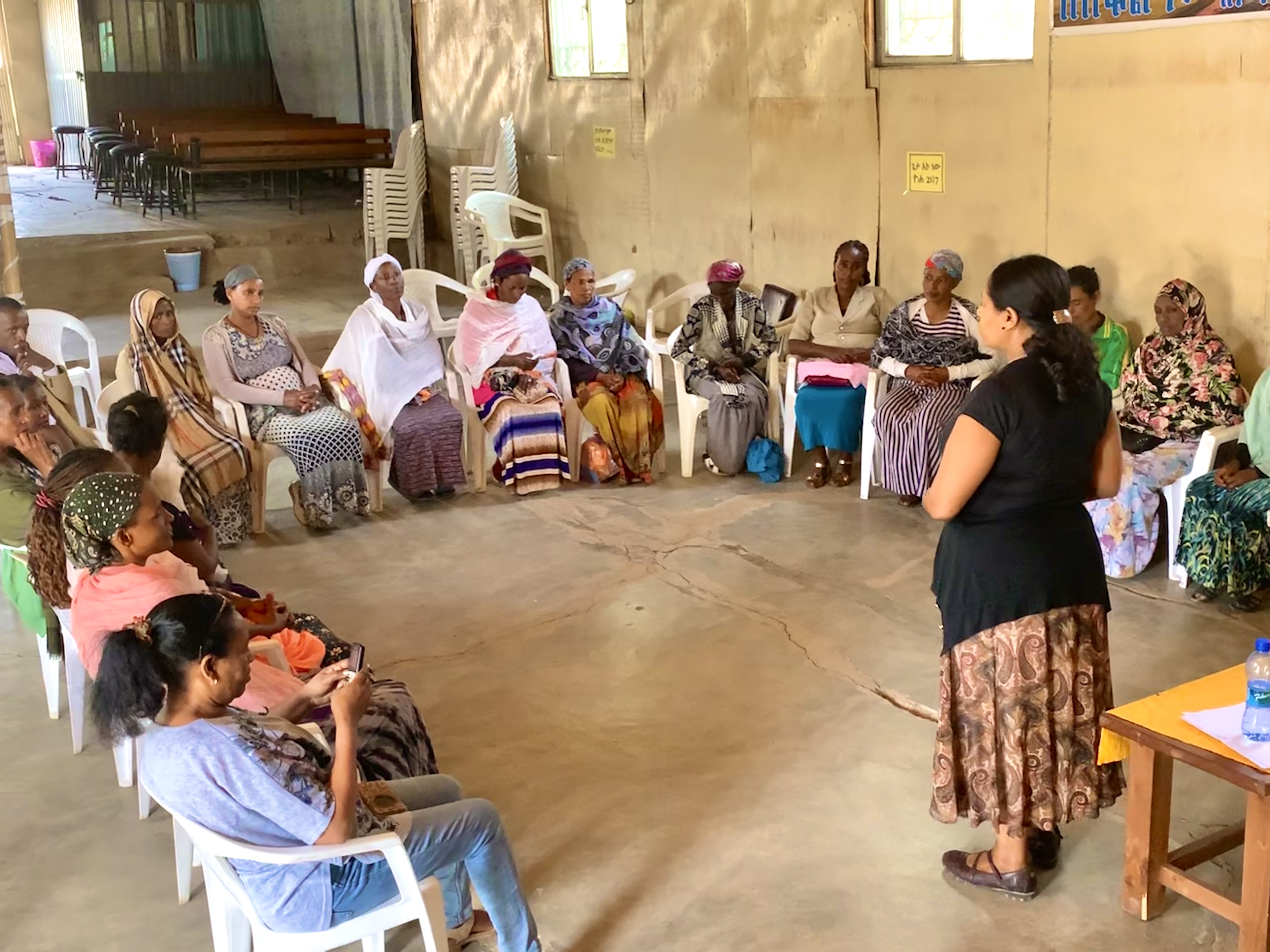
WORLD ORPHANS MARKET
At World Orphans, our economic empowerment program creates a space for artisans to contribute by using their God-given talents and abilities. We believe that building stronger families and improving quality of life begins with recognizing that every person is created with purpose, value, and possesses intrinsic dignity.
By purchasing a one-of-a-kind handmade item from the World Orphans Market, you are helping preserve families, keep children out of orphanages, and empowering families to thrive.
